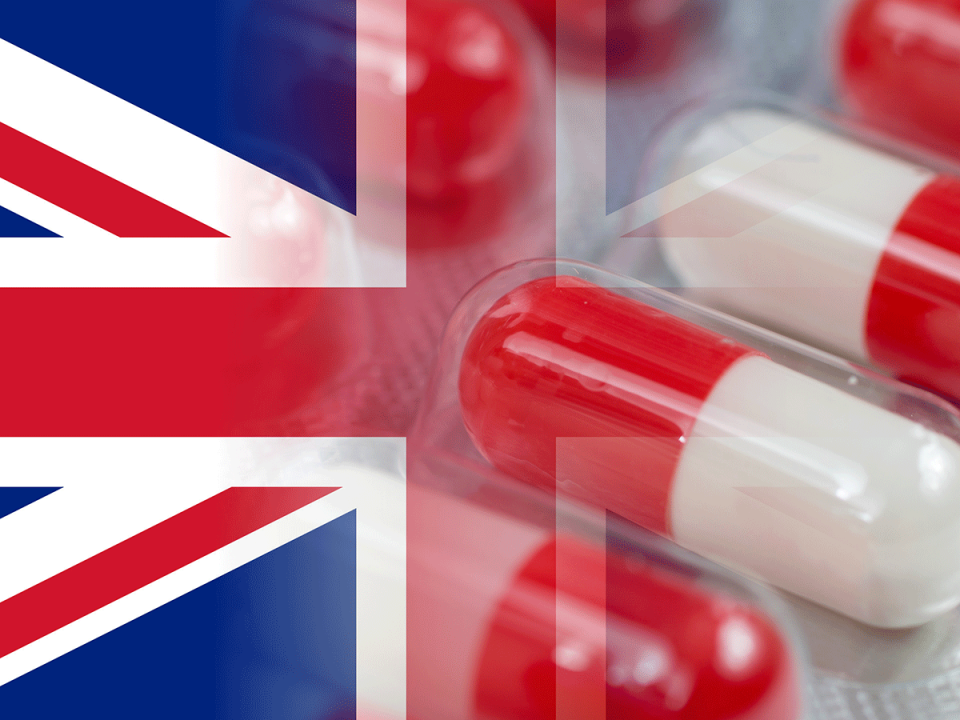UK Government Publishes Response to Consultation on Statutory Scheme
This week the UK government published its response to the consultation on the new Statutory Scheme for branded medicines which is set to be implemented from 1st January 2024. This follows the agreement in mid-November of a new Voluntary Scheme for Pricing, Access and Growth (VPAG) (https://www.linkedin.com/pulse/navigating-evolving-uk-life-sciences-landscape-oalve), an opt-in alternative to the Statutory Scheme that will increase the annual allowed growth in branded medicines revenue from 2% in 2024 to 4% by 2027.
The UK government’s response to the consultation, which included input from 102 stakeholders, was mostly in favour of “maintaining broad commercial equivalence to the VPAG”; however, the two schemes disagree on allowed growth rate proposals. Under the new terms published by the UK government, the new Statutory Scheme “sets amended payment percentages for 2024 to 2026 based on an allowed growth rate that has been raised to 2%” (up from 1.1% under the previous scheme). As a result of this payment percentages will be “set at 21.9%, 24.0% and 26.8% in 2024, 2025 and 2026, respectively”. These rates could undergo additional adjustments, pending consultation, to consider updated data on medicine sales or ensure a general commercial alignment with the final iteration of VPAG.
In contrast to the mostly positive response from the pharmaceutical industry to the VPAG announcement, the Statutory Scheme has already drawn some criticism that the proposed rebate rates are above historical levels. Although the published rates are below the highs of 27.5% in 2023, the ABPI points out they remain well above rebate levels in other European markets with similar mechanisms such as in Germany (12%, under review) (https://www.linkedin.com/pulse/germany-announces-policy-shift-rebates-decisive-consulting-ltd-xiqgc), Spain (7.5%) and Ireland (8.25%).
Other key features of the new Statutory Scheme include the “exemption from payment for medicines containing a new active substance (NAS) for 36 months after marketing authorisation in the Statutory Scheme , in addition to exemptions for exceptional central procurements (ECP) and centrally procured vaccines (CPV)”. The UK government also opted against the inclusion of a life cycle adjustment (LCA) mechanism which would have applied varying rebate rates on branded medicines supplied to the NHS based on their age and market competition. This proposal has faced strong criticism from the industry that it would detrimentally impact low-margin branded medicines.
Despite this, the LCA is not completely off the table; the UK government will consult again in early 2024 to develop a more sustainable mechanism for spending on ‘older’ and ‘younger’ medicines that broadly align with the new VPAG.
Manufacturers must now select the scheme they will join next year by the end of 2023.
Are you considering a product launch in the UK? Are you questioning how the Statutory Scheme or VPAG may impact your existing portfolio? Were you concerned the Statutory Scheme may deter potential UK launches?
Get in touch with Decisive Consulting Ltd to explore how we can help navigate your journey through Market Access.
Written by Rob McCaskill and Craig Smith

